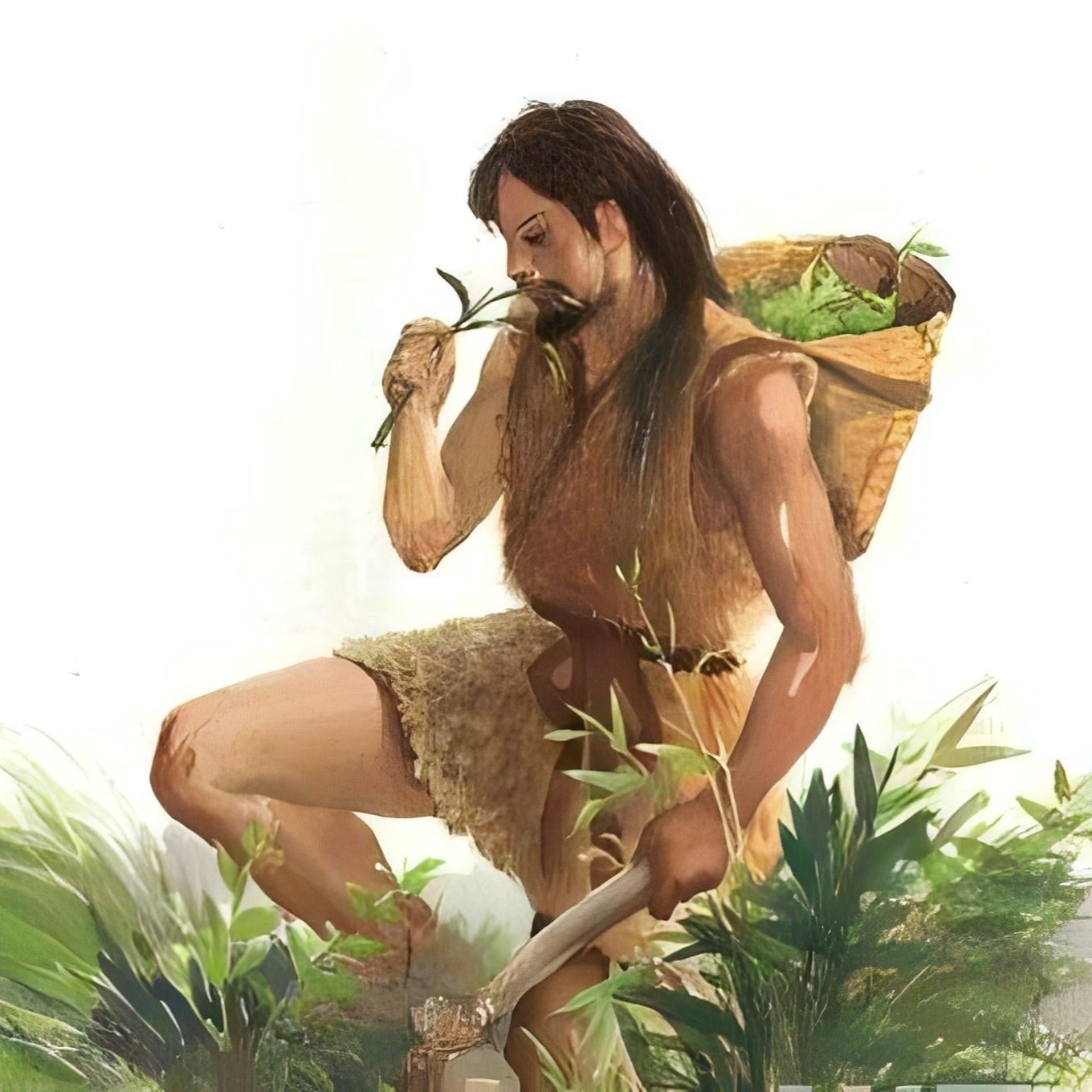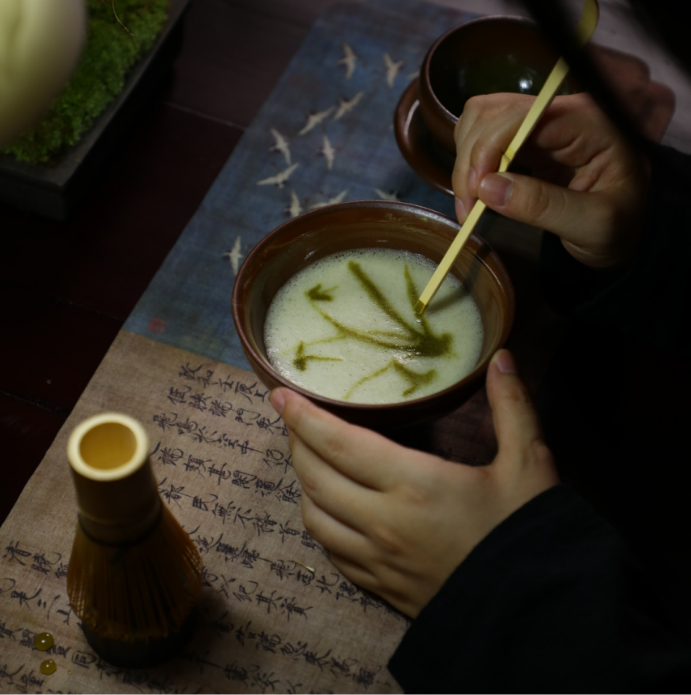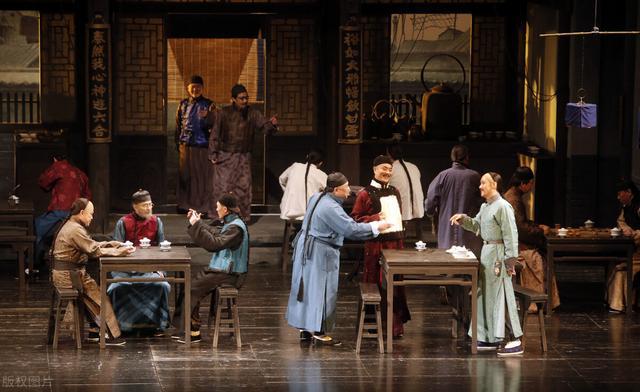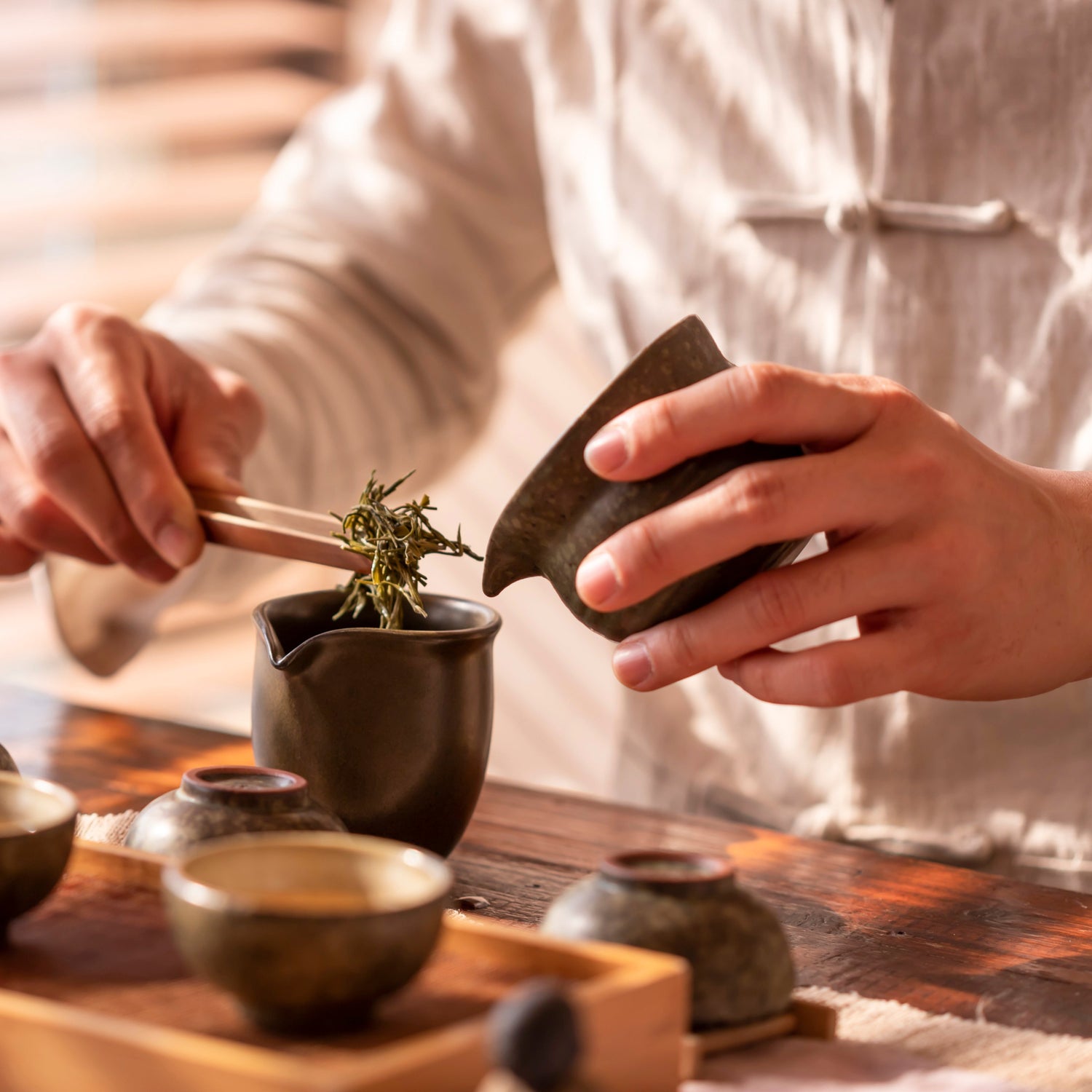History of Tea in China
Tea has been an essential part of Chinese culture for millennia, with its origins steeped in legend and tradition. This article explores the fascinating history of tea in China, tracing its journey from ancient times to the modern era.

Ancient Beginnings
The legendary origins of tea date back to around 2737 BCE, when Emperor Shen Nong is said to have discovered its medicinal properties. This marked the beginning of tea's importance in Chinese society, as it was initially used for its health benefits. By the Zhou Dynasty (c. 1046-256 BCE), tea became a part of daily life, with references to the beverage appearing in the classic text, the "Book of Songs."

Flourishing in the Tang Dynasty
The Tang Dynasty (618-907 CE) was a pivotal period for tea culture. During this time, tea drinking became widespread, and specialized production techniques were developed. The publication of Lu Yu's "The Classic of Tea" laid the foundation for tea cultivation and preparation, emphasizing its significance as both a beverage and a cultural practice.

The Rise of Tea Culture in the Song Dynasty
In the Song Dynasty (960-1279 CE), tea culture reached new heights. The introduction of "whipped tea" and the establishment of tea houses turned tea drinking into a social activity. This era saw an explosion of tea varieties and production methods, further embedding tea into the social fabric of Chinese life.

Economic Impact of the Yuan, Ming, and Qing Dynasties
As China moved into the Yuan Dynasty (1271-1368 CE), tea trade began to play a crucial economic role. The Ming Dynasty (1368-1644 CE) witnessed a shift to loose leaf tea, making it more accessible to the general public. The Qing Dynasty (1644-1912 CE) marked the peak of tea culture, with significant exports establishing tea as a global commodity.

Modern Developments
In the 20th century, tea culture continued to adapt to changing societal norms. As health consciousness grew, tea regained popularity as a health beverage, evolving with modern tastes while still honoring its rich heritage.
